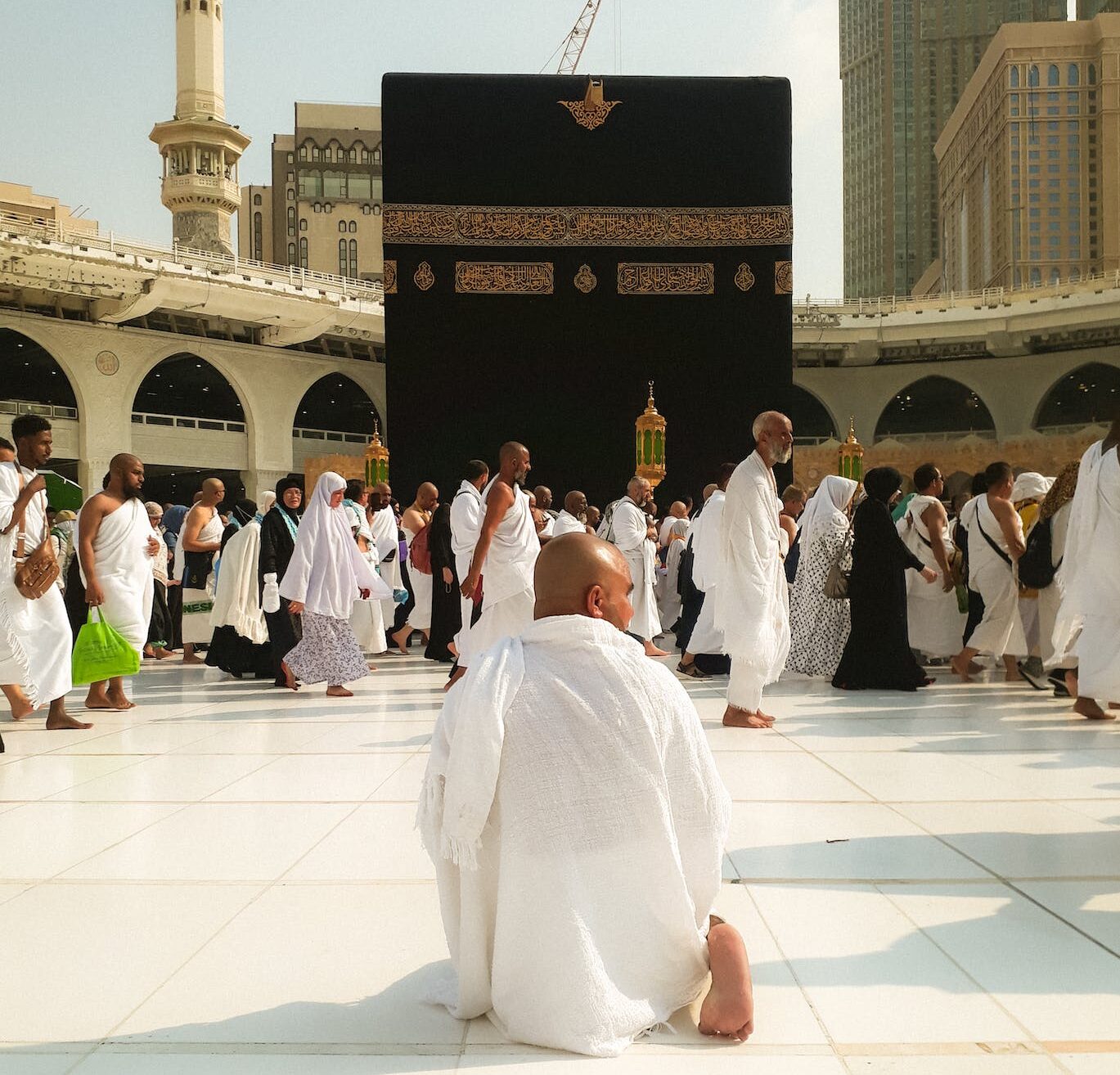Explore Makkah
Exploring the significance of Mecca for Muslims unveils a tapestry woven with historical, spiritual, and cultural threads that form the very essence of Islam. Here’s why Mecca holds an unparalleled importance for Muslims worldwide:
1. Birthplace of the Prophet Muhammad: Mecca, the sacred city, cradled the birth of Prophet Muhammad, the final messenger of Islam. His teachings, revelations, and exemplary life serve as guiding lights for Muslims globally.
2. The Kaaba: At the heart of Mecca lies the Kaaba, an emblem of divine connection and unity. Muslims around the globe orient themselves towards the Kaaba during their daily prayers, symbolizing their spiritual alignment and devotion.
3. The Hajj Pilgrimage: Mecca beckons millions of Muslims annually to embark on the transformative journey of Hajj, one of the Five Pillars of Islam. This pilgrimage, mandated for all able-bodied Muslims, fosters spiritual introspection, communal solidarity, and a profound sense of humility before the Almighty.
4. The Umrah Pilgrimage: Beyond the Hajj, Mecca welcomes pilgrims year-round for the Umrah, offering a sacred sanctuary for seekers of forgiveness and spiritual purification. This pilgrimage provides Muslims with a chance to rejuvenate their faith and draw closer to their Creator.
5. The Well of Zamzam: Nestled near the Kaaba lies the revered Well of Zamzam, its origins steeped in divine grace and historical significance. Believed to have sprung forth miraculously, its sacred waters hold deep spiritual resonance for Muslims seeking blessings and nourishment for the soul.
6. The Hill of Safa and Marwa: Mecca’s landscape is graced by the iconic hills of Safa and Marwa, integral to the rituals of Hajj and Umrah. These hills symbolize the unwavering faith and resilience of Hajar (Hagar) and Prophet Ibrahim (Abraham), inspiring pilgrims with their timeless tale of trust in divine providence.
7. Islamic History: Mecca stands as a living testament to the rich tapestry of Islamic history, serving as the cradle of the faith’s inception and evolution. Its sacred sites and storied landmarks narrate the chronicles of Islam’s growth, inviting believers to delve into the depths of their spiritual heritage.
In essence, Mecca is more than a geographical location; it is a beacon of spiritual enlightenment, a sanctuary of divine grace, and a testament to the enduring legacy of Islam. For Muslims, pilgrimage to Mecca represents a profound journey of faith, renewal, and communion with the divine.

